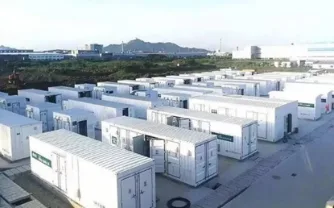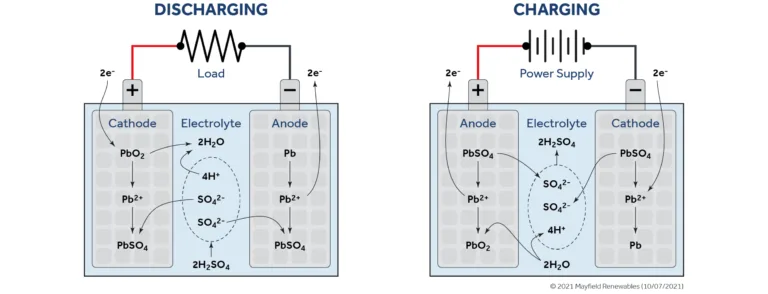Home Battery in 2026: Cost, Benefits & Is It Worth It?
Home Battery Storage: Your Guide to Energy Independence in 2026
Ever watched your phone battery drop to 1% and felt that panic? Now imagine your whole house was like that during a power outage. With weather getting more unpredictable, many homeowners are looking at battery storage as a solution. But is it the right move for you? Let’s explore.

The Big Question: Is a Home Battery Worth It?
Think of a home battery like a giant, high-tech power bank for your house. Its value isn’t one-size-fits-all; it really depends on your situation.
Go for it if this sounds like you:
- You already have solar panels. This is the ultimate power couple. A battery lets you save the extra solar energy you make during the sunny day instead of sending it back to the grid. You then use that stored energy at night, which means you buy less expensive electricity from your utility company.
- Your power goes out a lot. If you’re constantly resetting your digital clocks, a battery is a game-changer. It provides instant, silent backup power without the fumes and noise of a gas generator.
- Your utility has Time-of-Use rates. This means electricity costs more during peak times (like 4-9 pm). With a battery, you can use your stored cheap energy during those expensive hours, saving money on your bill.
Maybe think twice if:
- Your power is reliable and cheap. If outages are rare and your electricity rates are low, the upfront cost might be hard to justify.
- You don’t have solar. You can still charge a battery from the grid when rates are low, but the biggest benefits come from pairing it with solar.
- The upfront cost is a stretch. Good systems require a significant investment.

What’s the Catch? The Disadvantages.
No technology is perfect. Here are the main downsides to consider:
- Cost: The initial purchase and installation price is the biggest barrier.
- It Won’t Power Everything Forever: You need to be realistic. A standard battery can keep your essentials running for hours, but not your entire house with all appliances for days. You’ll need to manage your energy use during an outage.
- It Takes Up Space: Batteries need to be installed on a wall or in a garage. They aren’t huge, but they’re about the size of a small water heater.
- It Has a Lifespan: Like your phone battery, it slowly loses its ability to hold a full charge over many years. Most are guaranteed to still hold 60-70% of their capacity after 10 years.
Power Outages: Your Secret Weapon
This is where batteries truly shine. The moment the grid fails, an automatic transfer switch isolates your home and the battery kicks in—often so quickly that your lights might only flicker. You can keep your fridge cold, your phones charged, and your Wi-Fi running, making a blackout much less disruptive.
Sizing It Up: How Big a Battery Do You Need?
You don’t need to power your entire house at once. You just need to power the important things.
- Start with a “Needs List”: What would you need during a one-day outage?
- Essentials: Refrigerator, lights, phone charger, Wi-Fi router, a fan.
- Nice-to-Haves: TV, laptop, microwave (for short periods).
- A typical smaller system (around 10 kWh) can power those essentials for 8-12 hours.
- A larger system (20+ kWh) could handle those loads for 24+ hours and might even power a well pump or central air conditioner for a short while.
An installer can help you add up the energy usage of your chosen appliances to find the perfect size.
The Verdict for 2026
Technology is improving and costs are slowly coming down. Government incentives and rising electricity rates are also making batteries more attractive. In 2026, if you have solar or live in an area with an unreliable grid, investing in a battery is a stronger yes than ever before. It’s about more than just backup power; it’s about taking control of your energy, saving money, and finding peace of mind.
Final thought: It’s less about the year and more about your home’s needs. If your goal is energy independence and security, then a battery is likely a worthwhile investment.







